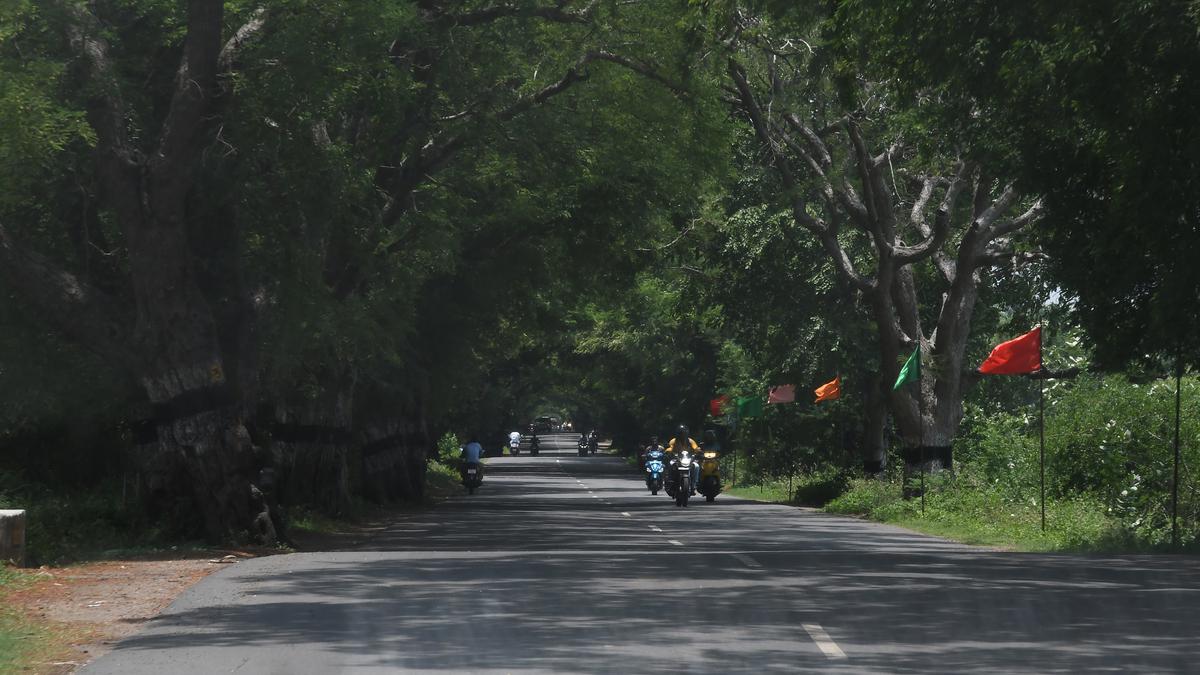
India was a tree planting laboratory for 200 years – here are the results Premium
The Hindu
Allowing forests to regenerate on their own has been championed as a strategy for reducing planet-heating carbon in the atmosphere while also boosting biodiversity, the benefits ecosystems offer and even the fruitfulness of livelihoods.
Allowing forests to regenerate on their own has been championed as a strategy for reducing planet-heating carbon in the atmosphere while also boosting biodiversity, the benefits ecosystems offer and even the fruitfulness of livelihoods.
But efforts to increase global tree cover to limit climate change have skewed towards erecting plantations of fast-growing trees. The reasons are obvious: planting trees can demonstrate results a lot quicker than natural forest restoration. This is helpful if the objective is generating a lot of timber quickly or certifying carbon credits which people and firms buy to supposedly offset their emissions.
While plantations on farms and barren land can provide firewood and timber, easing the pressure on natural forests and so aiding their regeneration, ill-advised tree planting can unleash invasive species and even dispossess people of their land.
Explained | Global tropical primary forest cover continued decline in 2022: study
For more than 200 years India has experimented with tree plantations, offering important lessons about the consequences different approaches to restoring forests have on local communities and the wider environment. This rare long-term perspective should be heeded by foresters today to prevent past mistakes being repeated.
Britain extended its influence over India and controlled much of its affairs via the East India Company from the mid-18th century onwards. Between 1857 and 1947, the Crown ruled the country directly and turned its attention to the country’s forests.
Britain needed great quantities of timber to lay railway sleepers and build ships in order to transport the cotton, rubber and tea it took from India. Through the Indian Forest Act of 1865, forests with high-yielding timber trees such as teak, sal and deodar became state property.

Thomas Jefferson and Abraham Lincoln are two of the greatest presidents that the U.S. has seen. You probably know that already. But did you know that Jefferson made what is considered the first contribution to American vertebrate paleontology? Or that Lincoln is the only U.S. president to receive a patent? What’s more, both their contributions have March 10 in common… 52 years apart. A.S.Ganesh hands you the details…












